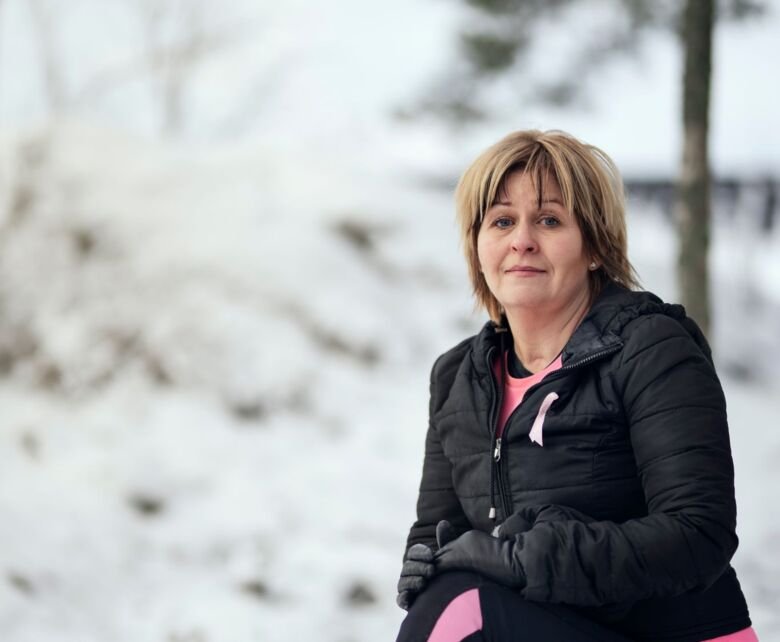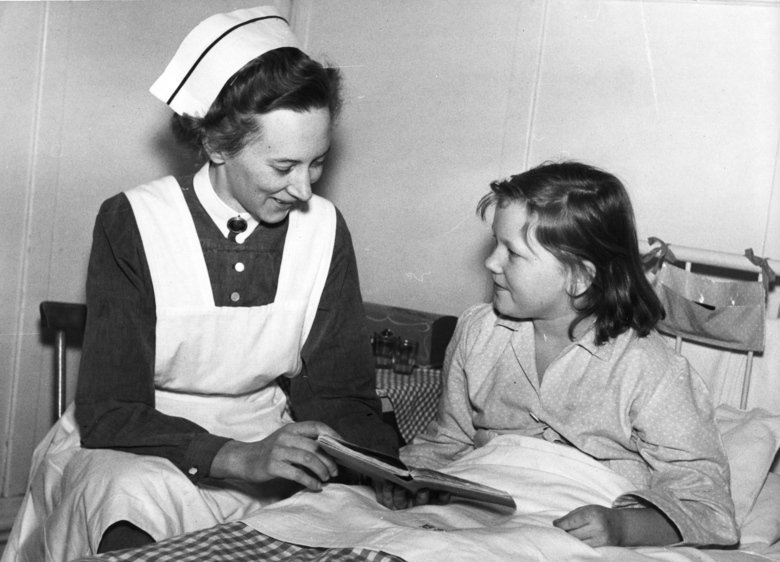Peter got high blood pressure at 52
Name: Peter Frisk
Age: 75 years.
Occupation: Formally retired, but still works as a consultant for shipping companies.

Text: Annika Lund, first published in Swedish in the magazine Medicinsk Vetenskap no 1/2021 / Spotlight on high blood pressure
“When I was 52, I found out that I have high blood pressure. The doctor didn’t think I needed any medication, and instead recommended that I lose some weight. That was hard to do. At the time I was the CEO of a company, and as part of my job I was expected to go out for lunch with various people.
But really, I’ve never had a big weight problem. I’ve never liked drinking alcohol very much and I quit smoking back in the 1980s. At home we’ve never eaten particularly fatty or unhealthy food, and we try to go easy on the salt.
My problem has been high levels of stress. As the head of a company, you live in a constant state of preparedness, always on alert. Now I understand that this situation is the same as when we prepared to attack our prey, back in olden times. But for the people of that era, that high stress was a temporary condition. As a business executive, you live in that state of preparedness all the time.
For me, and many others in my situation, there was an internal clash of different values. Since health is important, I had to get my blood pressure down. At the same time, it couldn’t be at the cost of my lofty ambitions.
I changed course and became a consultant. I’m now 75 years old and take five different drugs for my blood pressure, which is not dramatically high, but could still be lower.
I think that the healthcare system sends a mixed and unclear message. High blood pressure is described as something that’s important to remedy, but no follow-ups are made.
In the corporate world, it goes without saying that you follow up on problems and measures, but that doesn’t seem to be the case in healthcare. I’d like a clearer explanation of how serious high blood pressure can be, why I take these particular drugs in these particular doses, and how much I should lower my blood pressure. I’ve been waiting for someone to give me that info since 1997, when I was diagnosed.”
More on the same topic
 Photo: Oscar Omne
Photo: Oscar Omne“I call myself a professional stroke survivor”
After Annelie had a stroke as a pregnant woman, she decided to set goals. One of them was to be able to run again.
 Photo: KI
Photo: KIThree researchers on patient dialogue
Research shows that the doctor-patient meeting is highly significant for the patient's prognosis. But what happens if you speak past each other? Three researchers share their experiences of communication problems in health care and how they can be solved.
